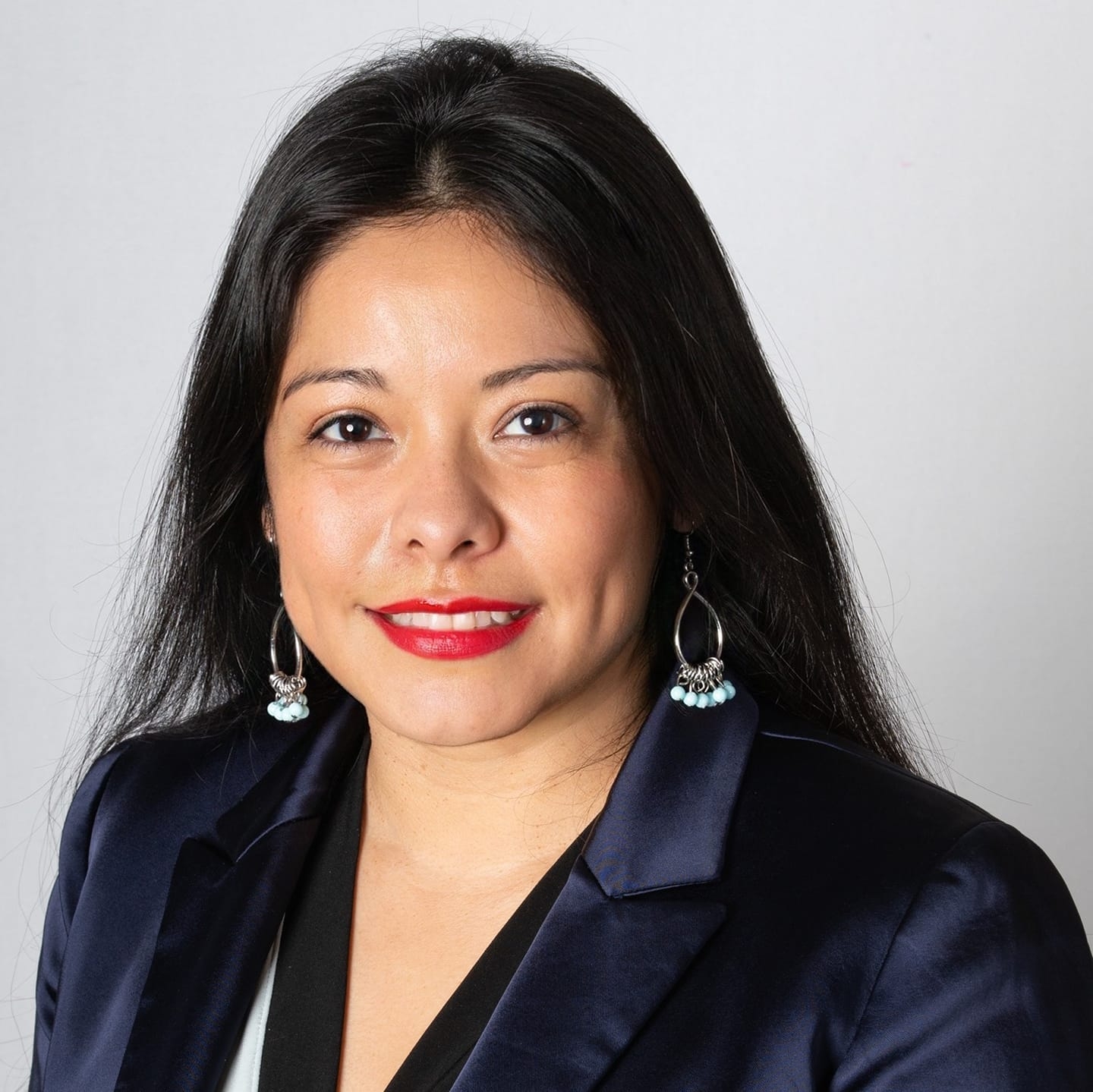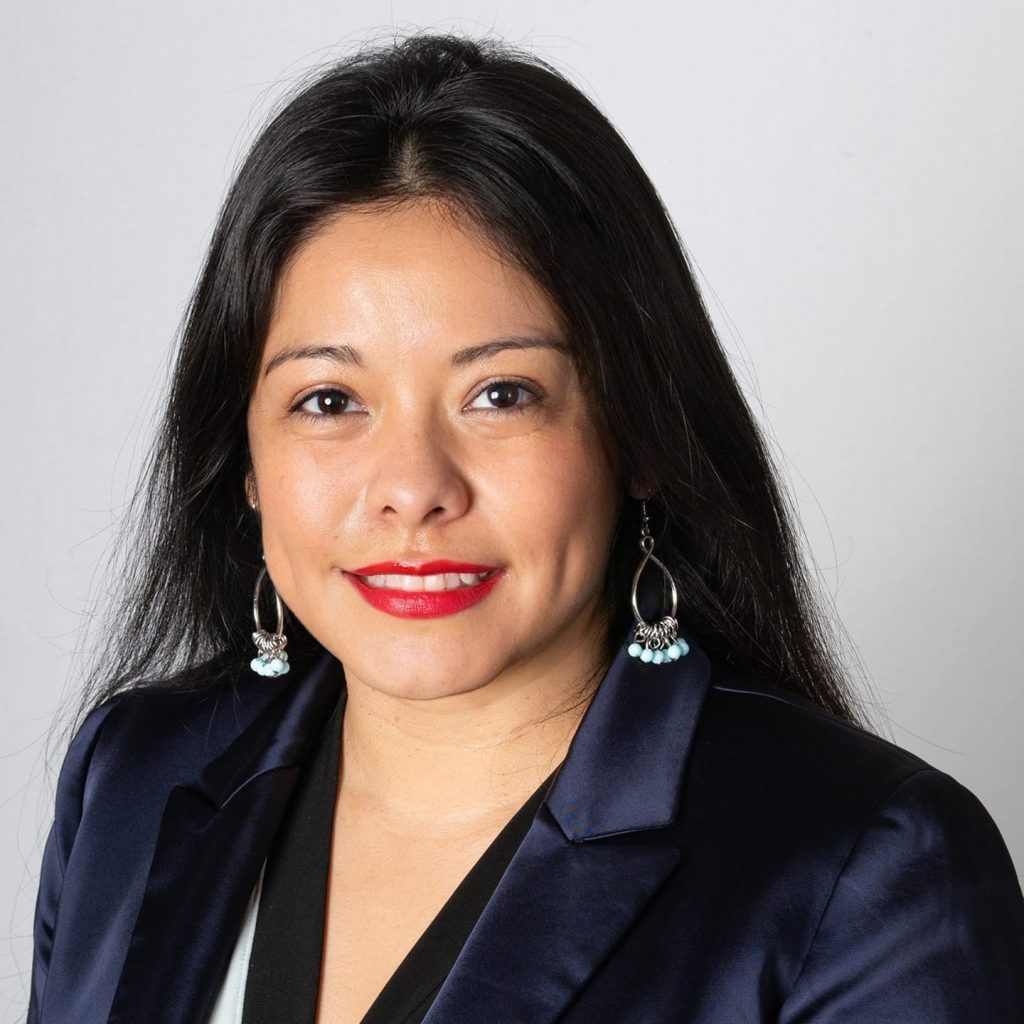Latinas Represent Campaign Master Class
The Latinas Represent Campaign Master Class is our unique training program created by Latinas for Latinas.
Open to Latinas of all political affiliations, this weekend-long intensive program will give you the tools you need to understand the political process, develop your political capacity, and launch well-run, issue-based campaigns.
This program is for you if you’re interested in running for office or supporting someone who is!

Campaign Master Class
Program Information
At Latinas Represent, we believe that our cultura and heritage are powerful assets that make Latinas exceptional candidates and transformative public service leaders.
Our Campaign Master Class is designed to equip you with the knowledge, confidence, and strategies to run a successful campaign — whether you're considering a future in public office or are ready to launch now. With insights from current and former elected officials, political strategists, and fellow leaders, you’ll gain practical skills in fundraising, field organizing, communications, staffing, and more. One of the most critical steps to a successful campaign is preparation. We recommend giving yourself a 12-18 month runway to lay the groundwork for your candidacy.
If running for office is on your horizon, apply today to get the tools and support you need to build a winning campaign. We will cover the basics of campaigning including fundraising, field organizing, communications, staffing, and much more!
CAMPAIGN MASTER CLASS DATES
We are excited to help prepare the next generation of Latinas public service leaders!
2025

Master Class Dates: June 2025
Schedule
- Friday, June 27 from 6:00 p.m. to 8:30 p.m. ET
- Saturday, June 28 from 12:00 p.m. to 6:00 p.m. ET
- Sunday, June 29 from 12:00 p.m. to 6:00 p.m. ET
Space is limited, so we encourage you to apply early.
The priority deadline for our June cohort is June 11 with the final deadline on June 18.

Master Class Dates: October 2025
Schedule
- Friday, October 24 from 6:00 p.m. to 8:30 p.m. ET
- Saturday, October 25 from 12:00 p.m. to 6:00 p.m. ET
- Sunday, October 26 from 12:00 p.m. to 6:00 p.m. ET

Master Class Dates: August 18-20, 2023
Schedule
- Friday, August 18 from 5:00 p.m. to 7:30 p.m. ET
- Saturday, August 19 from 12:00 p.m. to 7:00 p.m. ET
- Sunday, August 20 from 12:00 p.m. to 7:00 p.m. ET
2022
In 2022, we ran our first-ever Latinas Represent Master Class and trained 22 Latinas from across the country!
We are so proud of everything our alumni have accomplished since our training program from running and winning elected office to earning full-ride scholarships to study public policy. These Latinas are our future and will help change the face of U.S. democracy.
Speakers
Learn more about the Latinas Represent Master Class speakers below.
More coming soon.
MASTER CLASS FREQUENTLY ASKED QUESTIONS
Our programs are 100% virtual so you can attend from anywhere.
It’s free for most participants.
Although our programs are free, it does take a significant amount of work, effort, and time to make it a reality. If you have the means, we would greatly appreciate a donation to make it possible for us to keep offering programming to future cohorts.
Exceptions: Declared candidates can apply to our Campaign Master Class, but must pay the market rate fee of $250.
This Campaign Master Class is open to Latinas and their allies throughout the United States. We are thrilled to be able to help Latinas nationwide build networks and community.
You! Our Campaign Master Class is designed for Latinas interested in making a positive impact in their local communities and willing to do the work to make that happen. We welcome everyone, regardless of educational background and political experience. We ask all participants to sign on to our values statement, declaring their solidarity in seeking out racial, environmental, and reproductive justice.
While having some background knowledge about campaigns may help, our program is designed to get anyone up to speed.
The Latinas Represent Campaign Master Class will connect you with former and current political leaders, breakdown the do’s and don’ts of running a campaign, and help you build the community support you need to shape your journey.
Applications close once we reach 50 applicants, so we encourage you to apply as soon as possible.
You will learn so much at our Master Class! Some of the topics we cover are: launch a campaign, creating a platform message, developing a field plan, fundraising effectively, and much more.
Apply Now: Space is limited so apply early to guarantee your spot.
If you have any questions, you can email us at programs@latinasrepresent.org
The team at Latinas Represent reviews applications on a rolling basis. All accepted applicants are contacted via email and/or phone to confirm their participation.
If you’ve registered and have been accepted to our training but are no longer able to attend, please email events@latinasrepresent.org, as we would like to ensure that we give your spot to another applicant.
Latinas Represent is not able to issue a refund; however, declared candidates can use their registration fee to participate in a Master Class taking place in the future.
NOTE: Latinas Represent and its fiscal sponsor, Moore Impact, do not endorse candidates for public office.









